From the swear-happy “South Park,” to the constant flashbacking of “Family Guy,” to the zany escapades of “Rick and Morty,” many animated shows for adult folks have become enduring 21st-century classics. “BoJack Horseman” is the brainchild of the ingenious Raphael Bob-Waksberg and brilliantly brought to life by the unmistakable voice of Will Arnett. The show, whose finale was released in 2020, is an artistic masterpiece that seamlessly blends humor, satire and unexpected philosophical depth.
At first glance, you might be tempted to dismiss “BoJack Horseman” as just another animated show featuring anthropomorphic animals living in a world alongside humans. But hold onto your reins, because this show is far from ordinary. “BoJack Horseman” is way more than just a cartoon — its meaning is sometimes so deep that you actually have to rewatch the episode, or even the entire series, in order to comprehend what philosophical viewpoint it is based on. In BoJack Horseman’s case, it is existential nihilism.
Let’s dive into the enigmatic character of BoJack Horseman, the show’s namesake. He’s not your typical protagonist — he’s a multi-faceted, multi-species persona who becomes a reflection of the intricate challenges we all confront in our daily lives.
BoJack Horseman’s life is a rollercoaster ride through the highs and lows of fame and fortune. He’s not just a washed-up actor — he’s a representation of the human condition, complete with all its flaws and aspirations. His ongoing battle with addiction is like a relentless undertow pulling him into the depths of despair, while his unquenchable thirst for fame drives him to the edge of sanity.
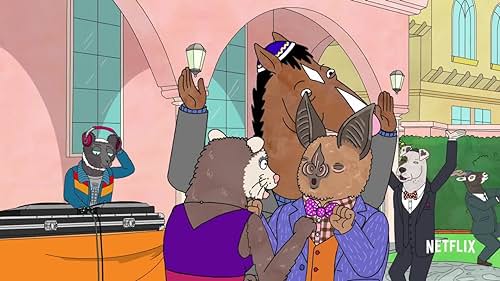
In his never-ending quest for meaning, BoJack Horseman often finds himself lost in a world where superficiality reigns supreme. He grapples with the same existential questions that haunt us all. What is the purpose of it all? Where do we find meaning in a world that sometimes seems devoid of it?
His character is a complex web of contradictions — much like the world around us. And it’s this complexity that strikes a resonant chord with viewers, creating a bond that transcends the animated realm. As we follow BoJack Horseman’s journey, we find ourselves empathizing with his struggles, laughing at his misadventures and reflecting on our own lives.
A 17th-century philosopher, Blaise Pascal, who is by many considered to be a precursor to the existentialists says, “I have discovered that all the unhappiness of men arises from one single fact: That they cannot stay quietly in their own chamber. I have found that there is one very real reason, namely, the natural poverty of our feeble and mortal condition, so miserable that nothing can comfort us when we think of it closely.”
Bojack’s whole life is a series of distractions. The show asks a question commonly directed at celebrities: “They have everything, so how can they not be happy”.
Pascal addresses the unhappy celebrity question, though he uses kings instead of movie stars. “Yet, when we imagine a king attended with every pleasure he can feel, if he be without diversion and be left to consider and reflect on what he is, this feeble happiness will not sustain him.”
Like a king, Bojack has no serious struggle to occupy his life; instead, he has to spend all of his time trying to distract himself so that he never has to think about the reality of his situation. Although he succeeds in doing this for years, the whole charade comes crashing down when Diane Nguyen, ghostwriter and later a friend of his, writes BoJack’s biography called “One Trick Pony.” In the book, BoJack sees an honest reflection of himself. He is forced to face all the things he really is and is not and to confront the extent of his self-deception.
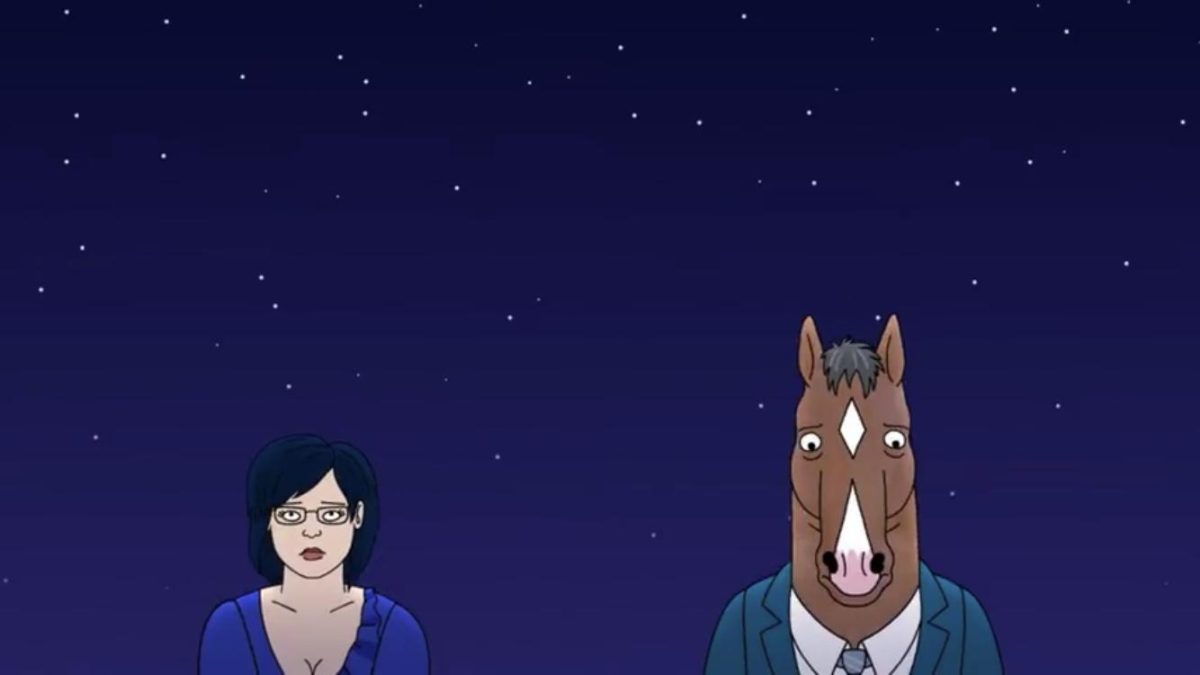
After reading Diane’s book, he wants to know that deep down, he is a good person. For an existential nihilist, they exist just because. There is no purpose underlying BoJack’s existence, nothing he is meant to do and nothing forcing him to do things, either. BoJack has complete control over every action he takes, and that is what 20th-century French philosopher Jean-Paul Sartre meant by radical freedom saying, “That is what I mean when I say that man is condemned to be free. Condemned, because he did not create himself, yet is nevertheless at liberty, and from the moment that he is thrown into this world, he is responsible for everything he does.”
But BoJack Horseman’s character is just the tip of the iceberg. Princess Carolyn, Todd, Diane, Mr. Peanutbutter — they’re not your run-of-the-mill animated characters, either. They’re stars of their own existential dramas, each possessing enormous depth. These characters aren’t just pixels on a screen — they’re relatable, they’re flawed and they’re mirrors reflecting our own hopes, fears, dreams and dilemmas.
As you navigate the eccentric world of “BoJack Horseman,” you’ll find yourself pondering over your own existence. It’s like having a late-night discussion with your buddies — only the setting is Hollywood, and your companions are anthropomorphic animals.
As a college student navigating the twists and turns of academia and adulthood, “BoJack Horseman” offers you more than just entertainment — it provides profound insights, wrapped in a package that’s as extraordinary as it is entertaining. It’s a show that will make you laugh, cry and contemplate life’s deeper questions — all while being thoroughly entertained by a cast of characters like no other. So, saddle up for a journey you won’t soon forget! Though the curtain may have fallen on the series, it has left behind a legacy that will be remembered for years to come.



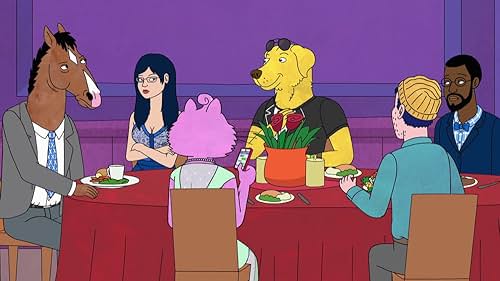










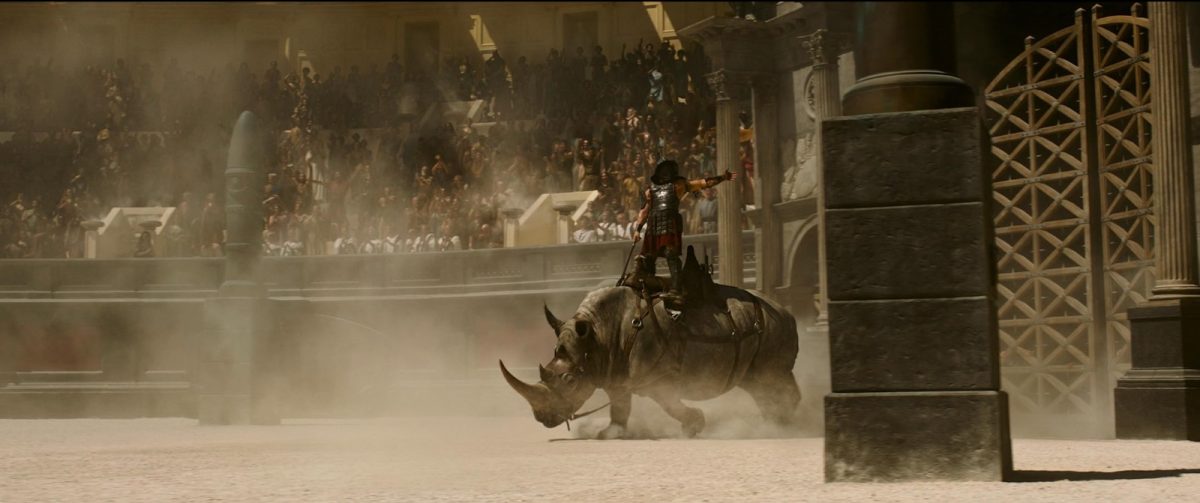
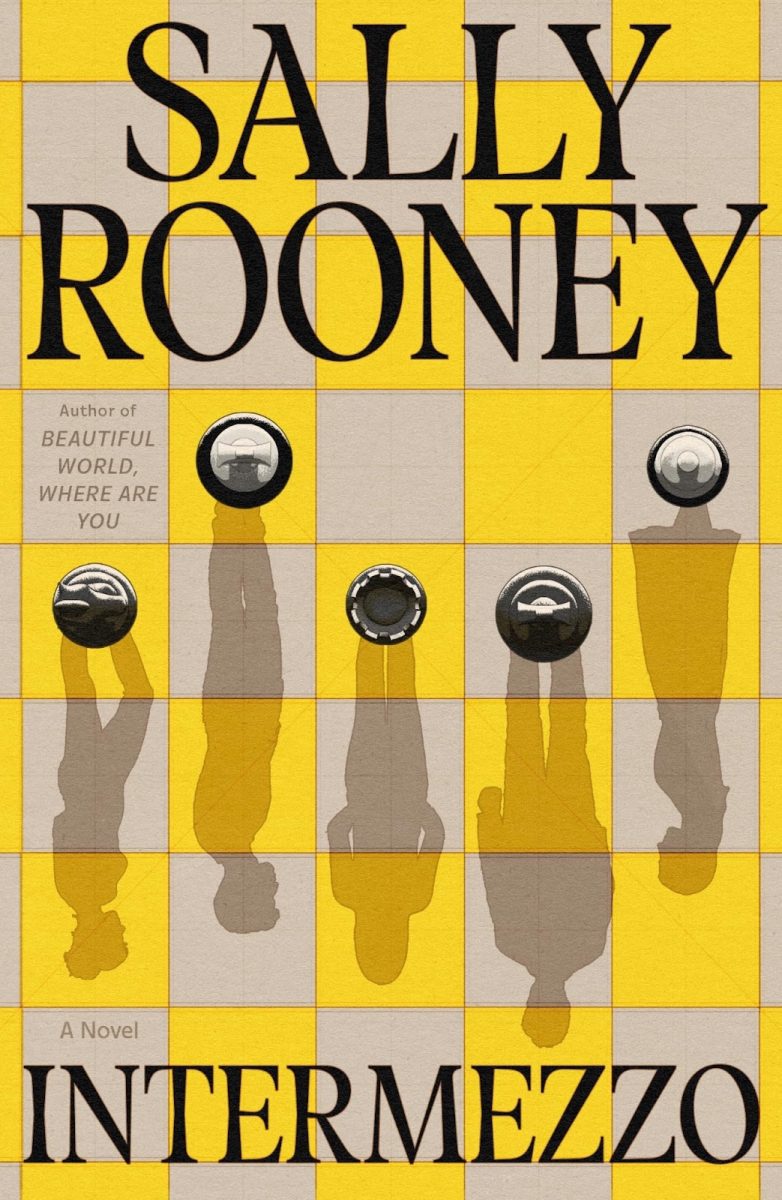
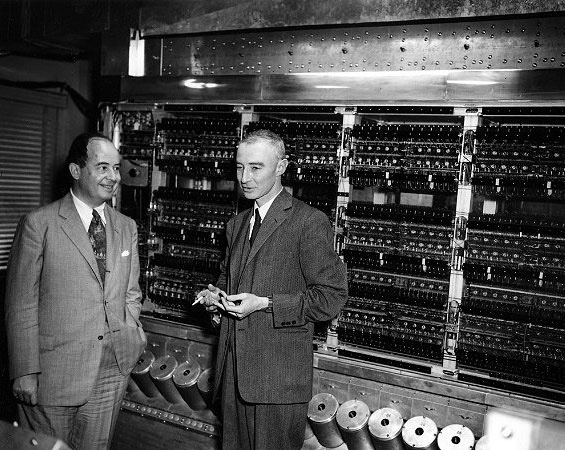
John O’B • Jan 26, 2024 at 2:57 pm
Well written, well thought out. An excellent tribute to an excellent show.
One nitpick: the setting is Hollywoo